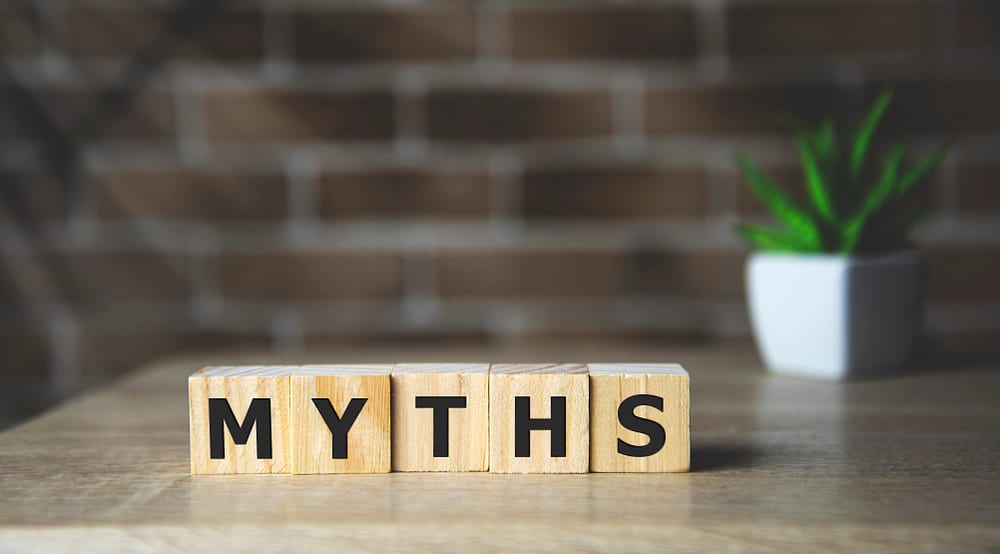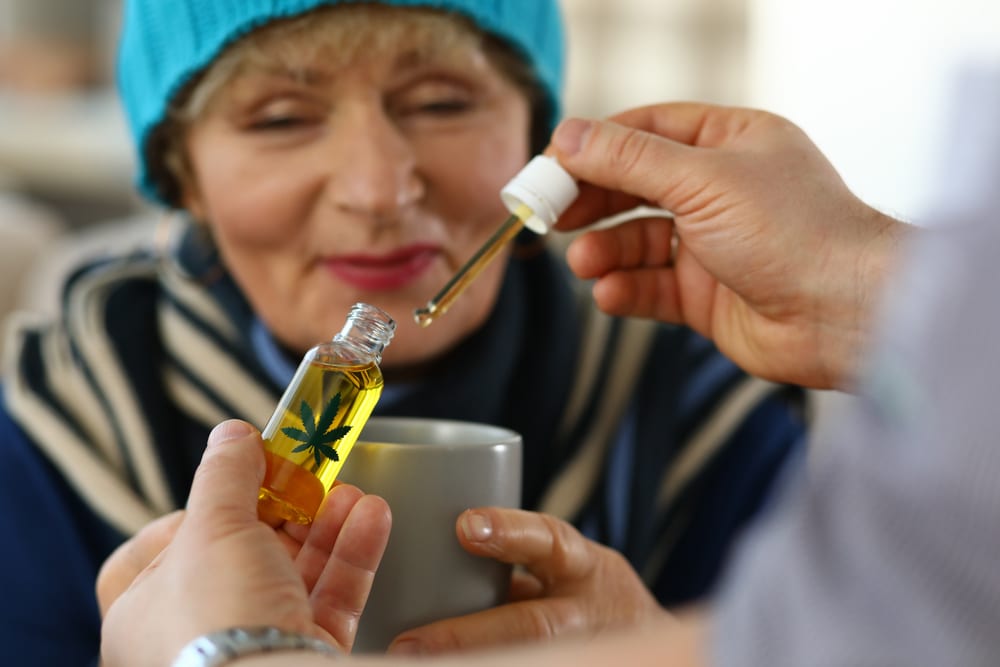The Four Most Common Myths About Medical Marijuana: Debunked
Medical marijuana has received lots of attention over the past few years, and for good reason. It’s been found effective for treating conditions such as anxiety, epilepsy, cancer, and more. Researchers and experts in medicine acknowledge that medicinal cannabis has a wide range of benefits for patients. As a result, countries around the world have embraced medications derived from cannabis.
So many in fact, that it’s estimated that the global medical cannabis market will reach $148.35B by 2026.
Yet despite the success many patients have had with medical marijuana, there are some myths around its use. To help combat misinformation, we’ve broken down the 4 most common myths about medical marijuana.

Medical Marijuana Myth #1: It’s a Gateway Drug
One of the most common myths about medical marijuana is that it is a ‘gateway drug’. What does that mean? Gateway drugs are substances that lead to the use of other drugs. Yet there is no evidence that medical marijuana is linked to drug abuse or illicit drug use.
In fact, many studies have shown medical marijuana to be a safer option than a lot of big pharma drugs. It’s also considered a potential weapon in the current fight against the opioid crisis in the U.S. In Colorado, and many other states, medical marijuana is used in “lieu of an opioid“.
If you are seeking medical marijuana in lieu of an opioid, book an appointment with one of our doctors who can help you get access.
Medical Marijuana Myth #2: It Will Make You 'High'
Medical cannabis contains more than 400 chemical compounds. The two best-known are cannabidiol (CBD) and tetrahydrocannabinol (THC).
While cannabis can have psychoactive effects, this is due to its THC content. Medical marijuana generally contains much higher levels of CBD than THC. CBD binds to different receptors in the brain than THC, which means it won’t give you that ‘high’ feeling.

Medical Marijuana Myth #3: It Kills Brain Cells
One of the most pervasive medical marijuana myths is that it kills brain cells. Yet there is no evidence to suggest this is the case.
In fact, animal studies have shown results to the contrary. In a 2017 animal study, researchers studied working memory in rats. They exposed a group of rats to synthetic cannabinoids during adolescence. They then compared them to rats who had instead had exposure to glucose during this time. The rats exposed to cannabinoids had better working memory going into adulthood than those who hadn’t.
A 2018 study concluded that THC exposure increased brain tissue growth in rats. It was also found to improve learning and memory function.
There have been a variety of other studies that have reported similar findings. It may help to remember that many active compounds in cannabis are antioxidants. Antioxidants help fight cell damage in the body, as well as promote growth.
It’s reasonable to assume that this is also true for the antioxidants in cannabis.
Medical Marijuana Myth #4: It Causes Cancer
Another common myth about medical marijuana is that it causes cancer. Yet many medical cannabis research studies have shown opposite results. Many doctors view it as a very safe treatment for some symptoms of cancer and the side effects of chemotherapy; it can be effective for reducing both nausea and pain.
Research has also shown that CBD may even help shrink cancerous tumors. A 2018 study on mice with pancreatic cancer treated with CBD and gemcitabine (GEM) showed promise. When combined, CBD and GEM increased survival rates threefold. Given that pancreatic cancer has a 5-year survival rate of only 5%, this finding was significant.

Medical Marijuana Myths: Conclusion
These are all 4 marijuana myths debunked. When it comes to deciding whether medical cannabis is right for you, it’s important to have the facts. For more information on the benefits of medical marijuana, contact our clinic today.
